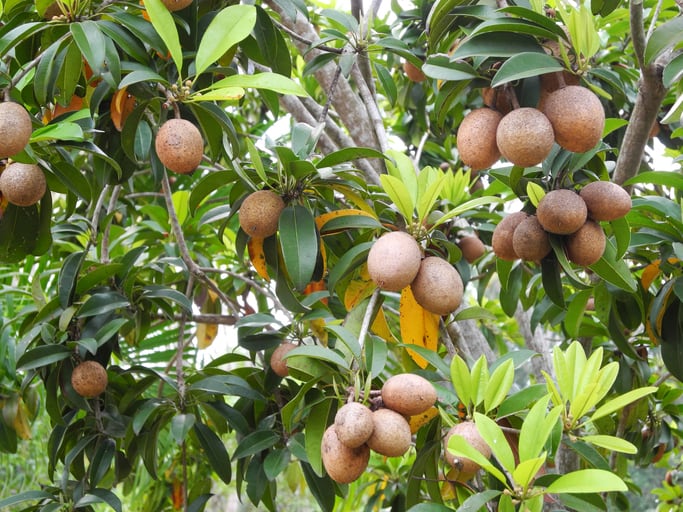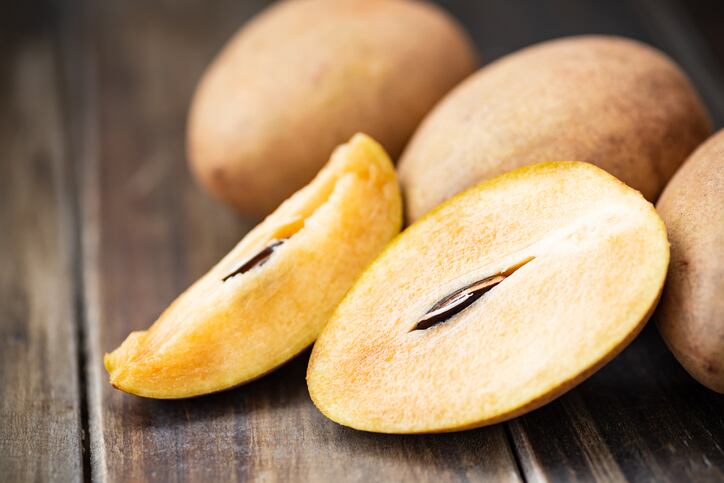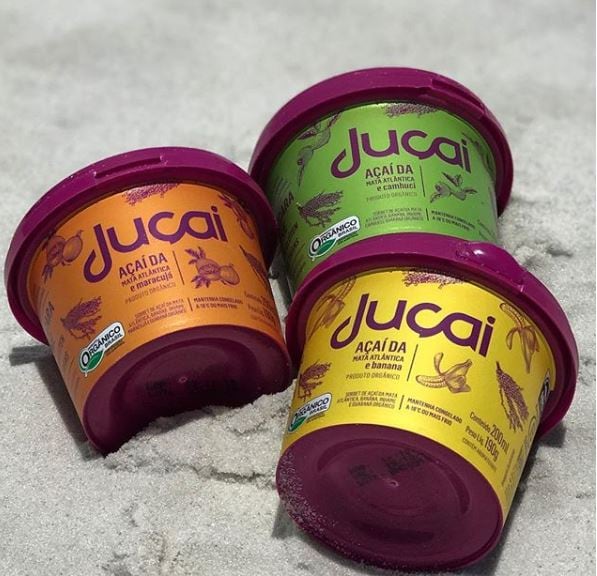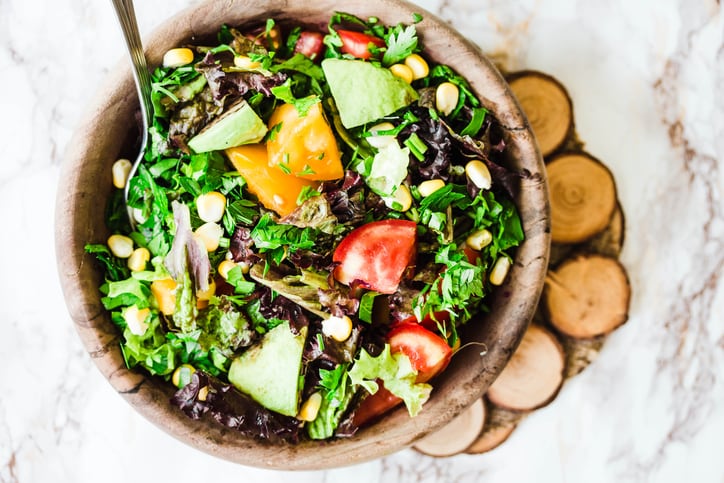Native to southern Mexico, Belize and northeastern Guatemala, the sapodilla tree (Manilkara zapota) bears a round, orange-colored fruit called sapote or chikoo sapote, which derives from the Aztec word tzapotl.
Flavor supplier Aromatech recently developed chikoo sapote flavor to tap into the Latin American dairy and beverage market.
“It’s not a common flavor but it’s known in Latin America of course,” said the head of marketing and communication, Ségolene Partamian. “Our innovative flavors are built from […] our flavorists’ imagination and the market needs.”
“This fruit could be used in many applications. In Latin America, we can find several products such as candies, ice creams, and juices," she told FoodNavigator-LATAM. "But it’s interesting to use flavors rather than using the real fruit because it’s very concentrated and much less expensive and more practical. It is also available all year long and has the same profile all the time.”
According to California Rare Fruit Growers, it is often hard to tell when sapote fruit is ready to harvest.
“If the skin is brown and the fruit separates from the stem easily without leaking of the latex, it is fully mature but must be kept at room temperature for few days to soften.”
Today sapote is mostly grown in south and south-east Asia as well as Mexico.
The ‘layers’ of flavor in chikoo sapote mean it works well in a variety of applications, added Partamian. “Our flavor can work in both [creamy and acidic] applications. Thanks to the caramel notes, it is well adapted to dairy bases while the fruity notes mean it is well adapted for acidic bases like beverages."
Aromatech said the flavor it developed should be listed as artificial in most Latin American countries but it can create a natural version depending on demand.
Chicle: natural chewing gum

The sapodilla tree is perhaps more famous for its white, gum-like sap called chicle, that is used as a base for chewing gum.
The labor-intensive process of harvesting chicle means it makes up a very small portion of the chewing gum market, which uses plastic or latex instead.
US company Simply Gum, however, is one brand that uses chicle to make its natural gum.
In 1999, the Rainforest Alliance certified chicle production in the Yucatán as its first non-timber forest product. “[This helps] relieve pressure on forests while still allowing the local people to earn a living,” it said.
In 2016, Aromatech launched a range of exotic fruit flavors popular in Africa, which included baobab, tamarind and bissap (hibiscus flower) as well as lesser-known fruit such as ditakh, cashew apple, madd and soursop.
Headquartered in Grasse in the south of France, Aromatech has subsidiaries in Turkey, Tunisia, Thailand and the USA where it has a factory and R&D lab.




